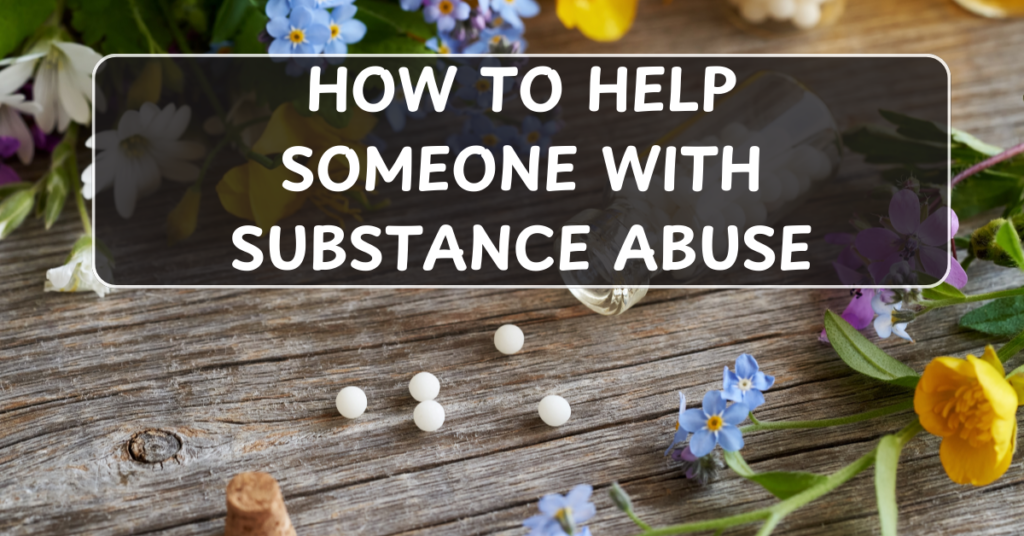
Helping someone struggling with substance abuse can be challenging and emotionally draining, but your support can be instrumental in their journey to recovery. Substance abuse not only impacts the individual but also their loved ones, relationships, and overall well-being. While you cannot force someone to change, you can guide, encourage, and provide resources to help them take the necessary steps toward healing.
Here’s how you can effectively support someone battling substance abuse.
1. Educate Yourself About Substance Abuse
Understanding the nature of substance abuse is crucial:
- Learn about addiction as a disease, not a moral failing.
- Understand the physical, emotional, and psychological effects of their specific substance use.
- Recognize the signs and behaviors associated with substance abuse, such as secrecy, mood swings, and financial difficulties.
Knowledge will help you approach the situation with empathy and provide informed support.
2. Approach the Topic with Care
Starting the conversation about substance abuse can be intimidating. Choose a private, calm moment to express your concerns.
- Use “I” Statements: Focus on your observations and feelings to avoid sounding accusatory.
- Example: “I’ve noticed you’ve been struggling lately, and I’m worried about you.”
- Be Nonjudgmental: Listen without interrupting or criticizing.
- Avoid Blame or Shame: Substance abuse often stems from deep pain or underlying issues, so blaming the person is counterproductive.
3. Encourage Professional Help
While your support is invaluable, professional treatment is often necessary for overcoming substance abuse. Encourage them to:
- Visit a therapist or counselor.
- Join support groups like Alcoholics Anonymous (AA) or Narcotics Anonymous (NA).
- Explore inpatient or outpatient treatment programs tailored to their needs.
Provide information about local resources and offer to help them research options.
4. Set Boundaries
It’s essential to set clear, healthy boundaries to protect yourself and prevent enabling behaviors.
- Do Not Enable: Avoid actions that unintentionally support their substance use, such as giving money, covering for their behavior, or minimizing the problem.
- Be Consistent: Follow through on any boundaries you set, such as not tolerating substance use in your home.
- Prioritize Your Well-Being: Remember that you cannot pour from an empty cup.
5. Offer Practical Support
Help them take steps toward recovery by offering practical assistance:
- Research Treatment Options: Find reputable rehab centers or programs.
- Attend Appointments Together: Offer to accompany them to therapy or medical consultations.
- Help with Daily Tasks: Assist with responsibilities they may neglect, such as childcare or errands, while they seek treatment.
6. Be Patient and Persistent
Recovery is a process, not a one-time event. Understand that:
- Relapses can happen and are part of the recovery journey for many people.
- Change takes time, and progress may be slow.
- Your support, even during setbacks, can make a significant difference.
7. Encourage Healthy Habits
Promote lifestyle changes that can support recovery:
- Exercise: Encourage physical activity, which can reduce cravings and improve mental health.
- Nutrition: Help them focus on a balanced diet to restore physical health.
- Hobbies and Interests: Reintroduce activities they once enjoyed to replace time spent using substances.
8. Involve Support Systems
Recovery is easier with a strong network of support:
- Family and Friends: Encourage a collective effort to provide encouragement and accountability.
- Support Groups: Help them connect with others who understand their struggles.
- Community Resources: Explore local organizations that offer assistance and programs for substance abuse recovery.
9. Avoid Taking on Their Responsibility
While it’s natural to want to fix the problem, remember that recovery is ultimately their responsibility. You can:
- Provide resources and emotional support.
- Encourage positive choices.
- Be a consistent source of care and encouragement.
But you cannot make decisions or take actions for them.
10. Know When to Seek Help for Yourself
Supporting someone with substance abuse can take a toll on your emotional and mental health. Seek support for yourself by:
- Talking to a counselor or therapist.
- Joining a support group like Al-Anon or Nar-Anon for loved ones of those with substance use disorders.
- Sharing your experiences with trusted friends or family.
Conclusion
Helping someone with substance abuse is a challenging but worthwhile effort. By approaching the situation with compassion, patience, and knowledge, you can be a positive force in their journey toward recovery.
Remember, you don’t have to do it alone. Encourage professional treatment and lean on support networks to ensure that both you and your loved one can move forward toward a healthier future.


